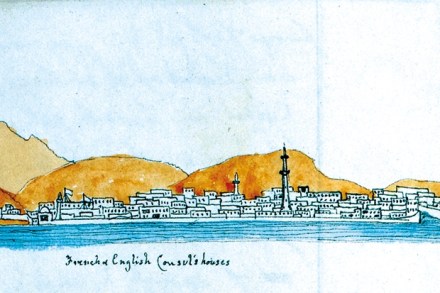Into the blue
More from BooksJenny Balfour Paul is an indigo dye expert. She has written two books on the subject, and lectures around the world. A librarian alerted her to the mention of the colour, and the plant it comes from, in the journals of a long-forgotten sailor and indigo hand. That day a ten-year love affair began. Thomas


























